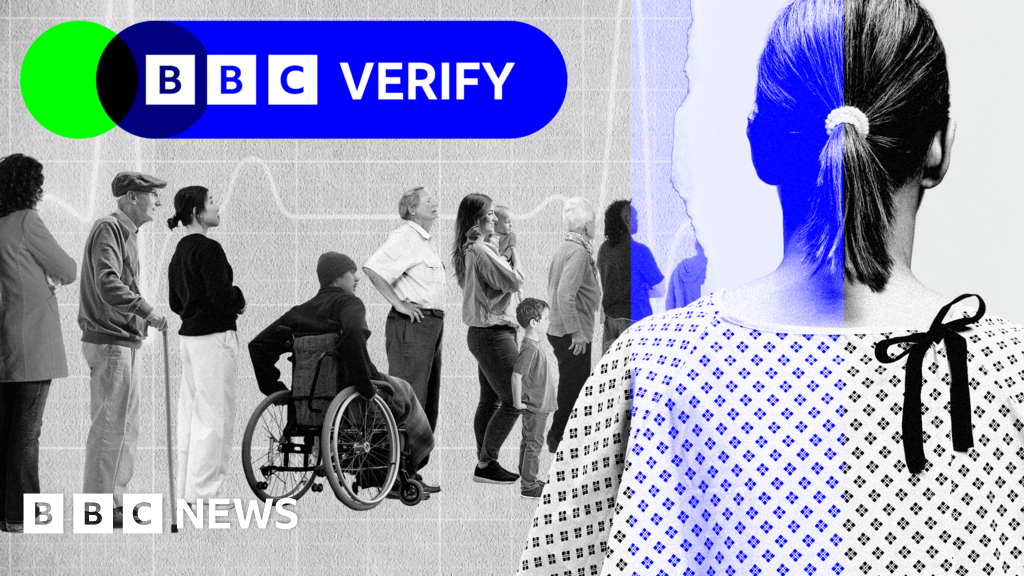Senate Republicans Reprise Push to Pay for Tax Cuts by Slashing Food Stamps


Party lawmakers have devised a way around an earlier procedural roadblock to their safety-net cuts. Senate Republicans said on Thursday that they would forge ahead with a plan to slash federal food assistance to the poor, after they devised a workaround that would allow them to cut the program to help pay for their sprawling package of tax cuts. The proposal, which would force states to shoulder new costs for providing food stamps, is part of a larger set of changes targeting federal safety net programs that may result in millions of lower-income Americans losing access to aid. For decades, the federal government has shouldered the primary financial burden for the Supplemental Nutrition Assistance Program, or S.N.A.P., which provides about 42 million low-income Americans on average with monthly food benefits. Its supporters say the payments are essential, with roughly one in seven Americans reporting inconsistent access to food in 2023, government data show. But Republicans insist S.N.A.P. is riddled with waste, fraud and abuse, and they have sought to scale back its benefits as part of the package of tax cuts they are crafting with the input and support of President Trump. The House version of that measure, which party lawmakers adopted in May, aimed to impose new work requirements on recipients while seeing states finance a potentially significant portion of the program. A similar push in the Senate quickly ran into procedural roadblocks, after the chamber’s parliamentarian ruled last week that the proposal to cut S.N.A.P. did not comport with the special budgetary rules that allow Republicans to fast-track their domestic policy legislation. That, in effect, meant it could not be included in the bill. But Senate Republicans said on Thursday that they had retooled some of the mechanics of their plan, ultimately earning the parliamentarian’s approval. Much as before, the new approach would shift a percentage of the cost of providing S.N.A.P. benefits to the states based on the percentage of erroneous payments they report in a given fiscal year. But Republicans primarily tweaked how that rate of payment would be computed under the system, which would take effect in 2028. Republicans did not release the full details of the changes. Senator John Boozman, a Republican from Arkansas who leads the chamber’s agriculture committee, said in a statement that the new plan “encourages states to adopt better practices, reduce error rates, be better stewards of taxpayer dollars, and prioritize the resources for those who truly need it.” Senator Amy Klobuchar of Minnesota, the top Democrat on the panel, said in a statement that the proposal would “cut food assistance for millions of Americans to give tax breaks to billionaires.” The battle over S.N.A.P. nonetheless has emerged as a significant political touchstone for Republicans, as economists have found that the party’s signature legislation is likely to deliver great benefits to the rich while taking away from the poor. Both Mr. Trump and his Republican allies in Congress have rejected these findings, and some of the party’s most conservative lawmakers have sought even steeper cuts to federal programs, including Medicaid, though some of their proposals have faced their own roadblocks with the Senate’s rule-keepers. Studying the House version of the bill, the nonpartisan Congressional Budget Office previously found that the full suite of Republican changes to S.N.A.P. might save $285 billion over the next 9 years, offsetting a small fraction of a bill that is expected to add more than $3 trillion to the federal debt over that period. But analysts also determined that the state funding requirement, if implemented, could result in the reduction or elimination of benefits for 1.3 million poor Americans in an average month. Some states could even opt to stop offering S.N.A.P. entirely if their budgets could not afford the new expense, the report found. The Congressional Budget Office has yet to produce a fiscal analysis of the Senate bill. Earlier this week, Gov. Josh Stein of North Carolina, a Democrat, led 23 states in urging Republicans in Congress to preserve existing federal funding for food stamps, warning that their states may not be able to cover additional costs. “Cuts to S.N.A.P. will mean that millions of Americans won’t get the food they need for their families,” they wrote. “And it will result in too many Americans forced to survive rather than thrive.”
What's Your Reaction?
 Like
0
Like
0
 Dislike
0
Dislike
0
 Love
0
Love
0
 Funny
0
Funny
0
 Angry
0
Angry
0
 Sad
0
Sad
0
 Wow
0
Wow
0







































